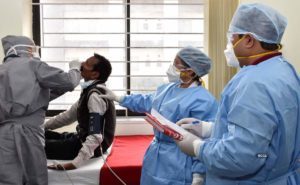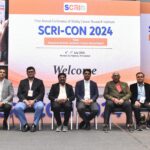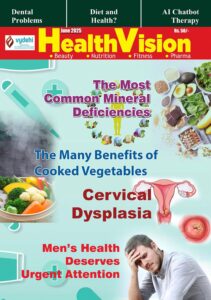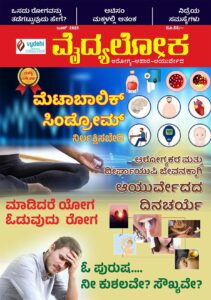India needs to learn to live with COVID-19 and take necessary precautions to prevent disease spread. The conference brought together eminent speakers from several specialties on a single platform to discuss the future of Indian healthcare.


Adding further Nilesh Aggarwal, CEO at IJCP Group and Founder, Medtalks, said, “We are very concerned about the impact of this global health pandemic. In addition to following protocols issued by world health leaders, there is also a need to understand the interrelation between COVID-19 and other health conditions. This conference is aimed at doing this by bridging the gap between specialties and educating healthcare professionals using technology as an effective medium.”
Key takeaways from different sessions include:
Cardiology: By Dr. Balbir Singh, chairman & head of Cardiology, Max Hospitals, Saket& Max Healthcare and Dr.G S Wander, chief cardiologist, Dayanand Medical College and Hospital, Ludhiana.
1. 40-60% of heart patients are not consulting their doctors regularly because of the fear of contacting the disease, which is not in the interest of their health.
2. In the US we are seeing heart attack patients delaying treatment, which is resulting in higher mortality. All cardiology wings of hospitals are open and procedures are being carried out while following necessary protocols.
3. Most heart attacks which are uncomplicated and mild will now be retreated with clot dissolving medicines and delayed angiography based on the risk management.
4. The heart attack and diabetic patients should maintain physical distancing of 6 feet throughout this year.


1. Most thyroid disorders are non-essential and can be treated through telemedicine.
2. Patients require effective diabetes control during this time in order to reduce complications.
3. All diabetic patients should take flu and pneumonia vaccinations to avoid further complications.
Psychiatry: Dr.Sanjay Chugh, senior consultant psychiatrist, Dr.Chugh’s Neuropsychiatry Clinic, New Delhi
1. Repeated washing is precipitating patients with OCD and this needs to be tackled carefully to prevent any exasperation of an OCD
2. 10% of the people suffer from depression like illnesses and need continuous online counseling during this period.
3. The feeling of loneliness boredom during the lockdown may encourage more physical relations between a husband and wife and may end up in a baby boom.
Pediatrics: Dr.Neelam Mohan, director, department of pediatric gastroenterology, hepatology and liver transplantation, Medanta – The Medicity, Gurgaon.
New diseases are being observed in terms of skin rashes, COVID toes, Kawasaki disease, IPA poisoning and bleach poisoning
Dermatology: Dr.Jayakar Thomas, professor and head of dermatology, Sree Balaji Medical College and Hospital.
25% of the people have dermatological manifestations. The new observation is precipitation of herpes zoster and the COVID toe.
Surgical infection: Dr.Ajay Kriplani, director and HOD, minimal access, bariatric and GI surgery, Fortis Memorial Research Institte, Gurgaon.
Adopting surgical infection control practices in non surgical settings is the only way of tackling COVID infections
Gynecology: Dr.Nandita Palshetkar, president FOGSI 2019, infertility specialist, Lilavati Hospital’s Bloom IVF Centre, Mumbai.
1. As first trimester antenatal cases have not yet been delivered, we are yet to know how corona virus will behave in the first three months of pregnancy.
2. Pregnant women require minimum 3 antenatal checkups and the rest can be done through telemedicine.
3. Pregnant women should procure fetal monitors to be able to carry out a self check.
Internal Medicine: Dr.Sandeep Budhiraja, group medical director, Max Healthcare, New Delhi.
90% of the patients today are either mild or asymptomatic and non-oxygen dependant. They can be managed at home under the supervision of family physician and information with a district surveillance officer.











